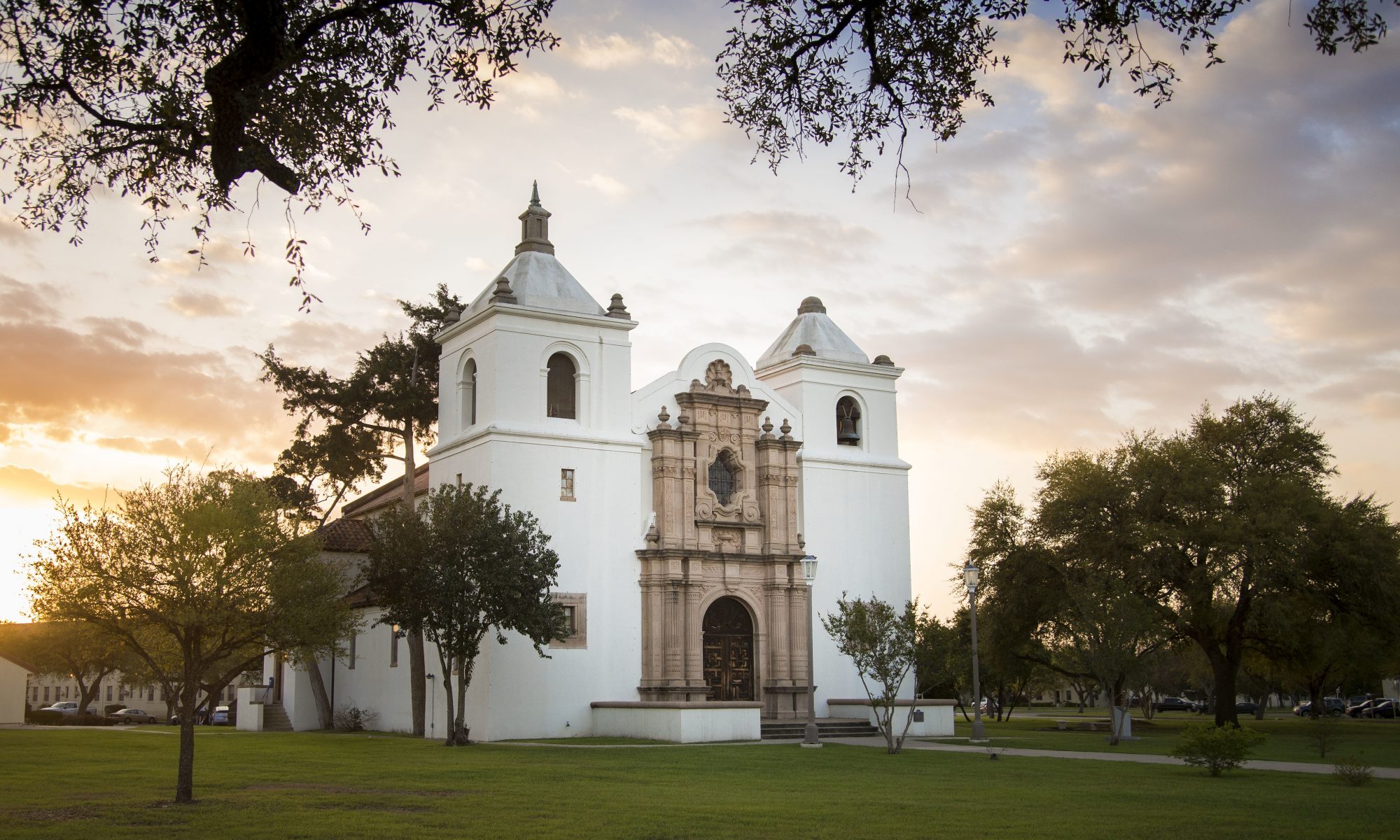Princess Ennigaldi-Nanna,
I write you from 2500 years in the future, and though much has changed, and though you are long-dead, I cannot help but feel that you are a kindred spirit to the Public History student, and a role model even now to historians, teachers, and princesses.
It was you who founded the first recorded museum, created the first museum labels, and took care enough to have them translated into three languages of your time (which is more than I can say for some museums in my era). You created this museum as a tool for education, as you were both a priestess and a teacher, in addition to being the princess of Babylon. Museums are much the same now, in that they serve as tools to connect students to history, visually and physically, though access remains an issue (but I’ll delve into that a bit later).
The way that Babylonian society in Ur regarded history is much the same as society in my time regards history– we are self-interested in our own people’s past. A nostalgia and a craze for what once was is pervasive. In some ways, this acts to interest the public in their past, right the wrongs embedded in our history, and create an awareness and appreciation for the progress we’ve made now. In other ways, this longing is dangerous, beckoning some to a return to old values, glorifying the flawed past, and imbuing some with the feeling that we ought to become “Great Again”. A regard for this sort of history was not the downfall of your civilization, but sometimes I ponder if it will be the downfall of mine.
Museums have evolved and changed over time to fit the needs of the many people within a society that can benefit from a museum visit. Artifacts and artworks are no longer part of private collections, rather, they are now open to the public, to view, critique, and reflect on. Much as your father, King Nabonidus embarked to restore and preserve The Great Ziggurat of Ur, we are working in this age to restore and preserve what we find to be meaningful, and worthy of saving.
There will always be dissent about what deserves to be saved, some histories being deemed more important than others, but I think of you as being sympathetic to the histories deemed ‘less important’. Even your tale, a Princess being the first curator of the first museum of her own creation seems often forgotten, in favor of other interpretations, marking the Greeks or Romans as the first to collect and display objects. Even when your museum is within the conversation, it is not uncommon for this work to be attributed to your father, as he was known to be entranced by the history of Ur. (I firmly believe that the work is yours.)
Although there are many more museums in my time than there were in yours, it can be difficult for some to visit museums and satisfy their curiosity. Often, grand museums are too far away or too expensive for the common person to access, putting the best of the artifacts and art out of reach for low-income students and families. Just as you do, I see museums as beneficial to education and inspiration. For that reason, I hope that access improves, financially, physically, and linguistically.
I found you through curiosity, as little is truly known about you, or your first museum– only what was rediscovered by Leonard Woolley in 1922. Perhaps it is very human to collect, analyze, and showcase artifacts in a particular space. I think, at the very least, that innate curiosity exists thousands of years apart, coded into our DNA.
And so this is me, remembering you, and asking for a priestess’ blessing in my Public History endeavors.
All the Best,
Glory

Glory, I loved reading this post! I think you found a hidden historical gem. Thank you for sharing and shedding light on Princess Ennigaldi, who I and I suspect many others, have not heard of before. I think that’s a travesty that women’s histories are often forgotten in favor of their male counterparts. I look forward to working with you more to uncover and celebrate the histories deemed ‘less important’.
Thanks for sharing Glory!
I think it would be great to learn more and share more about how Princess Ennigaldi began this concept of curation. What a shame more people don’t know her story.
As I reflect on this post and your other post regarding artwork, I can’t help but suggest that you consider creating Princess Ennigaldi art. How else can we further the story of Princess Ennigaldi of Babylon?
I know I will tell this story to my daughter who loves rocks and would love to hear the story of a princess from 2500 years ago who collected objects and started the concept of what we now know as museums. I’ll tell her the next time we make a museum trip.
Loved, loved, loved this. Honestly, it may be more of a selective read because most wouldn’t catch the Babylonian reference, but even for those who muscled through, I am sure they would catch on. Its such a creative concept, I think it could even work in writing to the future. Ugh! I just loved this for some many reasons. As I was reading, I imagined how to use this concept in a classroom, how it could be used at the college level in sort of a call and response type of format. A creative writing arena, gosh! So many ways. So creative!!